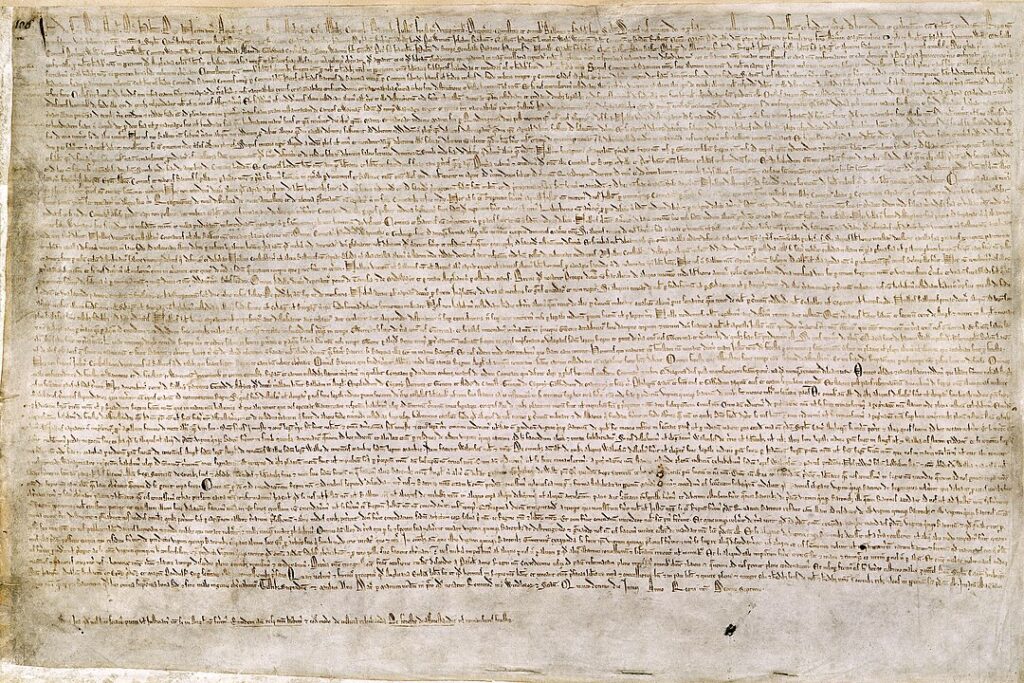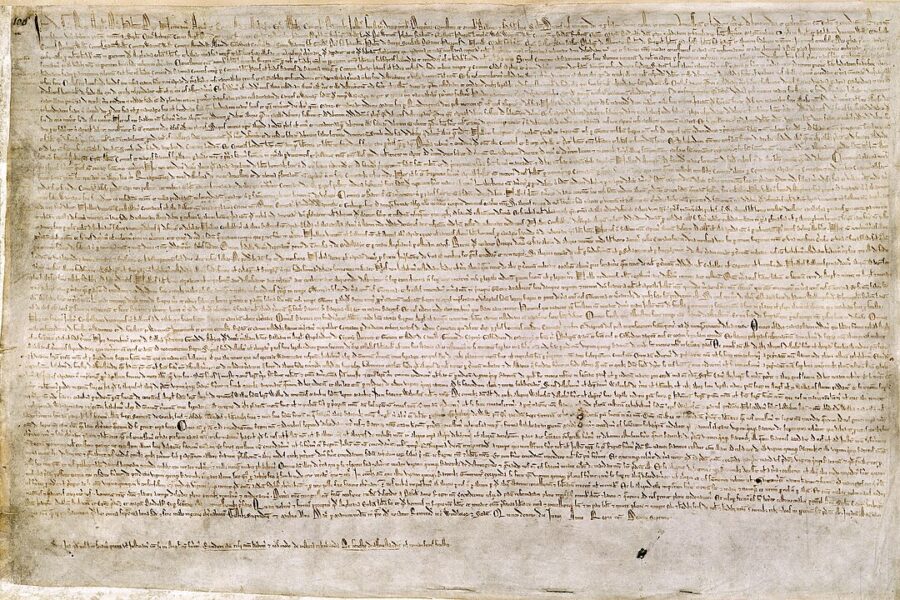 Historical Context
Historical Context
The Magna Carta, signed in 1215 by King John of England, was a landmark document that influenced medieval governance and the development of constitutional law. It emerged from a conflict between the king and his barons over issues of taxation, justice, and royal authority. The Magna Carta established the principle that the king was subject to the law, and it provided protections for the rights and privileges of the barons, setting a precedent for the rule of law and limited monarchy.
Key Provisions
The Magna Carta contained several key provisions that addressed the grievances of the barons and established principles of governance. It included clauses that guaranteed the protection of church rights, the right to fair and speedy trials, and the limitation of arbitrary taxation and imprisonment. The document also called for the establishment of a council of barons to oversee the enforcement of its terms, creating an early form of accountability and checks on royal power.
Impact on Medieval and Later Governance
The influence of the Magna Carta extended beyond its immediate effects in medieval England. It laid the foundation for the development of parliamentary systems and the concept of individual rights. The principles of due process and the rule of law enshrined in the Magna Carta influenced subsequent legal documents and constitutional developments, including the English Bill of Rights and the United States Constitution. Its legacy as a symbol of liberty and justice continues to resonate in modern democratic societies.
Conclusion
The Magna Carta was a pivotal document in medieval governance, establishing principles that shaped the development of constitutional law and individual rights. Its impact on medieval and later governance highlights its enduring significance as a cornerstone of legal and political tradition.
Tags: #MagnaCarta #MedievalGovernance #RuleOfLaw
Category: Medieval Political History
